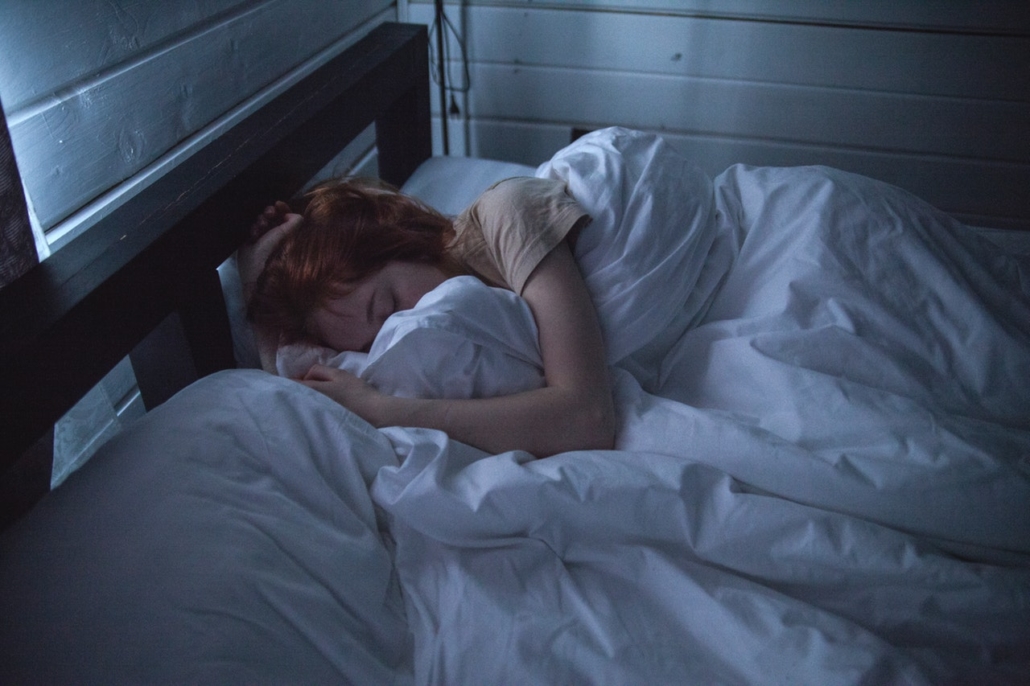Gamma Hydroxybutyrate (GHB) is another name for the generic drug Sodium oxybate. Xyrem (which is sodium oxybate) is the trade name of the Food and Drug Administration (FDA)-approved prescription medication. GHB can have an addictive potential if used repeatedly. When a person stops taking these drugs, they may experience symptoms of withdrawal, especially if their body has become physically dependent on the drug. Recovery professionals recommend beginning the first phase of treatment in a supervised facility. This will all start by undergoing medically assisted GHB detox. GHB is used to treat two symptoms of narcolepsy, such as sudden muscle weakness and excessive daytime sleepiness.
According to the United States Drug Enforcement Administration (DEA) [1] GHB is classified as a Schedule I drug. It means there is a high potential for abuse, not currently accepted medical use in treatment in the United States, and a lack of accepted safety for use under medical supervision. However, when sold as FDA-approved GHB products (such as Xyrem), it is considered Schedule III. Xyrem is not available at regular retail pharmacies. When taken repeatedly at low doses, a person can develop a tolerance to the effects of the drug. This means they’ll need to take more of the drug to get the same effects. GHB is also sold illicitly as supplements for bodybuilding, and as a party drug.
GHB Street Names
- Grievous Bodily Harm
- Georgia Home Boy
- Soap
- X
- Liquid ecstasy
- Scoop
- Goop
GHB Side Effects
GHB occurs naturally in the central nervous system in a minimal amount. The use of GHB produces Central Nervous System (CNS) depressant effects including:
- Drowsiness
- Confusion
- Memory impairment
- Sweating
- Loss of consciousness
- Nausea
- Auditory and visual hallucinations
- Headaches
- Vomiting
- Exhaustion
- Sluggishness
- Amnesia
- Clumsiness
- Seizures
GHB Overdose
The risk of overdose increases when GHB is combined with other drugs such as alcohol. High doses of GHB, even without other illicit substances or alcohol, may result in profound sedation, seizures, coma, severe respiratory depression, and death.
Common signs of GHB overdose include:
- Vomiting
- Loss of a gag reflex
- Loss of control over bodily movements
- Shaking, tremors, or seizures
- Loss of consciousness and unresponsiveness
- Absence of pain response
- Rapid side-to-side eye movement
- Profuse sweating
- Lowered body temperature
- Breathing that has slowed below 15-20 breaths per minute (respiratory depression)
Avoiding overdose cases and dependence on these drugs with a GHB detox program in a treatment facility.
GHB Withdrawal Symptoms
GHB is a dangerous substance, and its chronic use can negatively impact a person’s health. It has a short duration of effects and is cleared from the body quickly. Because of this, users may experience a relatively rapid onset of withdrawal—typically within a few hours after the last use of the drug. The acute GHB withdrawal syndrome may include signs and symptoms such as:
- Insomnia
- Anxiety
- Agitation
- Sweating
- Tachycardia
- Hypertension
- Tremors
- Confusion
- Psychosis
- Delirium
- Seizures

Severe cases of withdrawal from GHB can be life-threatening if not appropriately managed. For this reason, detoxing under supervision is crucial.
GHB Withdrawal Timeline
1-24 hours after the last dose
Symptoms of withdrawal typically begin to appear within the first day of starting GHB detox.
1-5 days after the last dose
During the first week of GHB detox, withdrawal symptoms increase in intensity and may include nervousness, nausea, vomiting, anxiety, delirium, confusion, insomnia, and hallucinations.
2 weeks after the last dose
For some people, any remaining symptoms of withdrawal will be mild at this point. However, others may experience lingering withdrawal symptoms like anxiety, depression, and cognitive problems for months after GHB detox is complete.
Medically Assisted GHB Detox and Treatment
Many forms of treatment are available, but the first step towards a successful GHB recovery is detox. GHB withdrawal management requires care from detox specialists. Medically–assisted GHB detox removes the element of needless suffering, and minimizes the potential risks of, GHB withdrawal.
Avoiding prolonged withdrawal and easing the GABA receptors will improve the person’s mood and physical experience. Also, it reduces the risk of relapse early in treatment. It is important to reduce psychological and physical distress as much as possible, so the person can safely rehabilitate and enter an evidence-based GHB detox program.
If the person is an intense user, they may experience overwhelming withdrawal symptoms during detox. But even in severe cases of GHB withdrawal, one of the best ways to cleanse the body, prevent discomfort, and avoid complications is through a well-managed medication-assisted treatment (MAT). During MAT, a recovering user may be prescribed medications to relieve physical and emotional withdrawal discomforts like tremors, cravings, and anxiety.
Following GHB detox, most clients will receive recommendations to continue with their addiction treatment. Any addiction treatment program for GHB should be integrated with individual or group therapy, mixed with non-addictive medications as needed, to reduce anxiety and depression.
Typically, treatment continues in the form of inpatient rehab, with a special focus on the following aspects of addiction recovery:
- Relapse prevention
- Cognitive behavioral therapy
- Individual and group therapy
- 12-Step Program work
- Family therapy
- Chemical dependency education
We Level FL Mental Health Center: Primary Mental Health Treatment with Secondary Co-Occurring Treatment
We Level Up FL primary mental health center stands ready to help. Offering secondary treatment therapy for underlying problems like Gamma Hydroxybutyrate (GHB) Addiction often fuels negative behaviors. Taking that first step to getting the help you deserve can be life-changing.
We understand how behavioral disorders and secondary co-occurring addiction diagnoses directly impact each other. We Level Up Florida can instill a support system through our mental health treatments that can make you feel valuable. Call us now for a free mental health assessment! Inpatient medical detox and residential primary addiction treatment may be available at our affiliated facility at Level Up Treatment West Palm Beach.
Sources
[1] DEA – https://www.dea.gov/sites/default/files/2020-06/GHB-2020_0.pdf